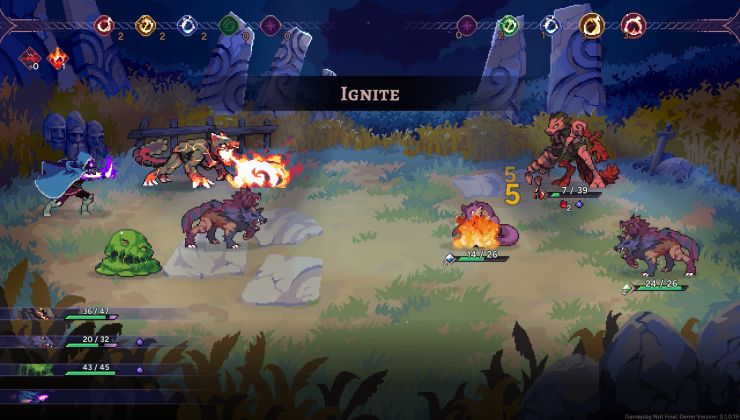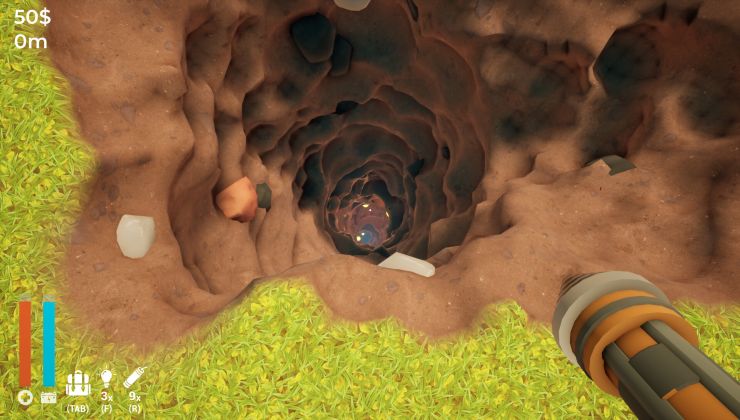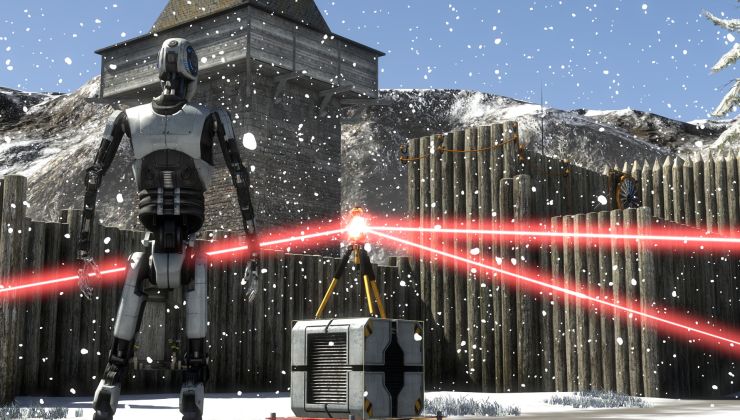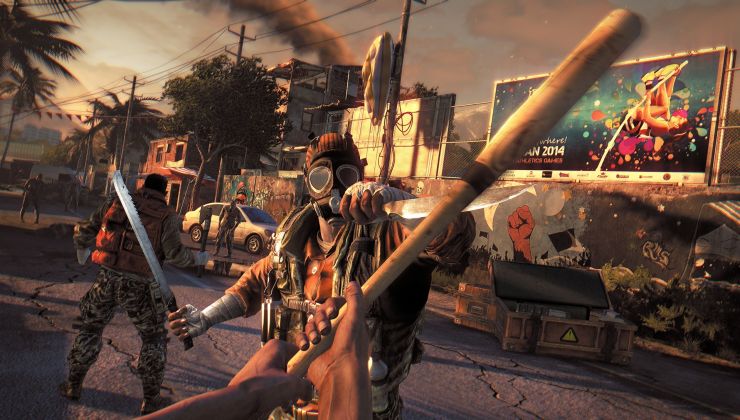Collabora, the open source consulting firm that often works with Valve, has a new blog post out from developer Simon McVittie talking a little about their work on SteamOS and the Steam Deck.
SteamOS 2 was originally based on Debian Linux, but this was changed with the new SteamOS 3 to be based on Arch Linux. So yes, for those who still don't know — the Steam Deck runs Linux! It's a Linux handheld gaming PC! I covered it in an initial review, so be sure to take a look.
What's interesting is the explanation of how the update system works that Collabora helped to create:
A handheld device needs a solid update framework, so one of Collabora's major contributions to SteamOS 3 was to help implement seamless system updates. With its new “A/B” design, there are now two operating system partitions, with two different versions of SteamOS. When upgrading, a new operating system image is written to whichever partition is not currently in use, before rebooting the system. A specialized bootloader module then automatically selects the newer operating system and boots into it. If the upgrade was successful, you continue to use the new OS, and the previous system partition is reused for the next upgrade. If the upgraded version does not boot successfully, then the bootloader automatically falls back to the previous system partition, and you can try again later. Of course, new operating system images are downloaded with block-based deltas, so only the changed parts need to be re-downloaded.
Collabora are also part of the team that created Pressure Vessel, the container system that Proton and the Steam Deck use to run games inside for a consistent environment. They say to think of it "a bit like a simplified version of Flatpak for Steam games".
Be sure to follow our Steam Deck tag for all the news and follow on YouTube for plenty of near-daily video content.
Although not that great to the 64GB version users...
Sounds pretty smart, the danger of bricking SD should be minimal.Well, they will use an sd-card anyway if they want to install bigger games, won't they? That being said maybe we will see some games offering their 4k assets as optional download in the future? Modern games have become a bit bloated size wise one can not help but feel and if handheld gaming gains traction they might be willing to bother.
Although not that great to the 64GB version users...
Did they mention if all those components are open source?I don't know about these bits in particular, but Collabora's expertise and policy is open source first.
We believe that developing the vast majority of software publicly in a collaborative fashion must become the standard. Of course there will always be room for differentiated value; we don't suggest that every line of code must be made public (although that would be nice). Assisting customers maximize their use and contributions to Open Source is our raison d'être.https://www.collabora.com/about-us/open-source.html
Sounds pretty smart, the danger of bricking SD should be minimal.
Although not that great to the 64GB version users...
If they use OStree much like fedora silverblue then only the changes are written.
Sounds pretty smart, the danger of bricking SD should be minimal.
Although not that great to the 64GB version users...
If they use OStree much like fedora silverblue then only the changes are written.
Only changes are downloaded, but both partitions need to be big enough to accommodate the full system.








 How to set, change and reset your SteamOS / Steam Deck desktop sudo password
How to set, change and reset your SteamOS / Steam Deck desktop sudo password How to set up Decky Loader on Steam Deck / SteamOS for easy plugins
How to set up Decky Loader on Steam Deck / SteamOS for easy plugins
See more from me